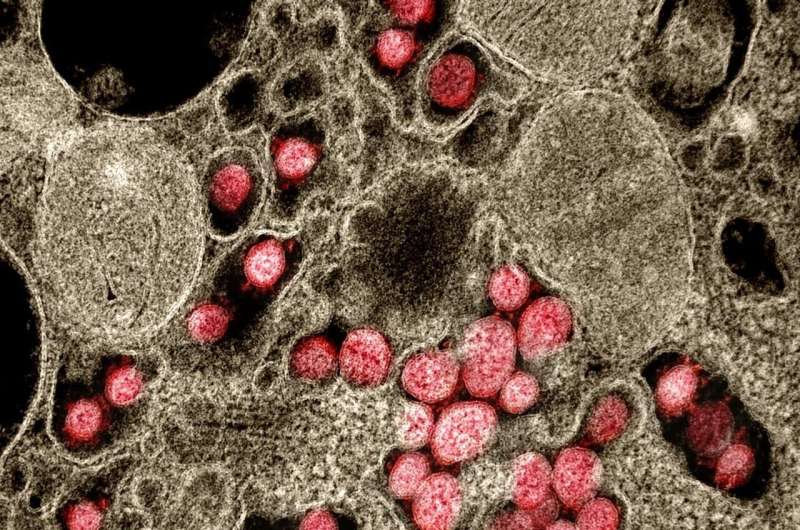MicroRNAs may play a role in COVID-19

New research published in the Journal of Cellular and Molecular Medicine indicates that SARS-CoV-2, the virus that causes COVID-19, produces microRNAs that can have impacts on infected cells. MicroRNAs are genetic molecules that prevent the production of particular proteins by binding to and destroying messenger RNAs that code for those proteins.
Investigators found that the virus' microRNAs affect individuals' respiratory system, immune response, and vitamin D pathways. Understanding these impacts could provide new insights related to SARS-CoV-2 infection, pathogenesis, and treatment.
"Our finding highlighted genes' involvement in three crucial molecular pathways and may help develop new therapeutic targets related to SARS-CoV-2," the authors wrote.
More information: Elham Karimi et al, Interplay between SARS‐CoV‐2‐derived miRNAs, immune system, vitamin D pathway and respiratory system, Journal of Cellular and Molecular Medicine (2021). DOI: 10.1111/jcmm.16694
Provided by Wiley




















